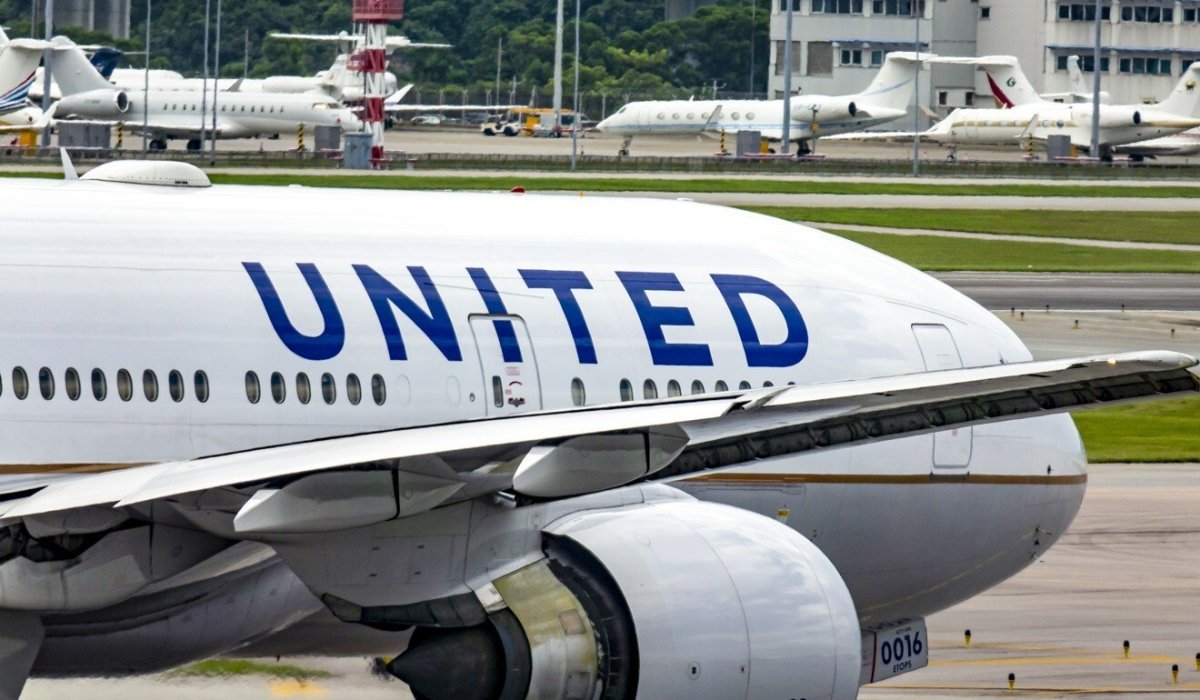
Ever since the October attack by fundamentalist group Hamas left more than 1,400 Israelis dead and prompted the Israeli government's military response, most international airlines have been avoiding flying to the area.
While Israeli flagship carrier El Al (ELALF) resumed flights to the U.S. a few months after the attack, Delta Air Lines (DAL) , American Airlines (AAL) and United Airlines (UAL) have all suspended flights not just to Israel itself but also nearby countries such as Jordan over safety concerns.
Related: Oil surges as Iran links to Israel attacks add to supply hit concerns
On Feb. 21, United became the first U.S. airline to announce that it would resume a daily flight to Tel Aviv from Newark Liberty International airport this spring.

United to resume flight, names 'close work with security experts and government officials'
The airline plans to run the first flights between New York and Tel Aviv with a stop in Munich on March 3 and 5 to "ensure all service providers are ready to support non-stop service" and then launch its first nonstop flight between the two cities by March 6. The layover flights are meant to work out the kinks of restarting flights through partner carriers such as Lufthanasa (DLAKF) and Air France (AFRAF) .
More Travel:
- A new travel term is taking over the internet (and reaching airlines and hotels)
- The 10 best airline stocks to buy now
- Airlines see a new kind of traveler at the front of the plane
"United conducted a detailed safety analysis in making this decision, including close work with security experts and government officials in the United States and Israel," the airline said in announcing the decision. "United will continue to monitor the situation in Tel Aviv and adjust the schedule as warranted, including changes to the resumed service from New York/Newark announced today."
United further said that it hopes to resume a second daily flight between the two cities as soon as May as well as flights to Israel from San Francisco, Washington, D.C. and Chicago by the fall — all, according to the airline, crucial steps toward restoring the "vital passenger and cargo service that was suspended in October."
Had a flight to the Middle East disrupted? This is United's extended policy
United has also been the airline with the most generous policy toward those whose travel to Israel was disrupted by the events following Oct. 7. Along with issuing immediate refunds when the war began, the airline said that any status held by frequent flyers they gained by flying between the U.S. and Tel Aviv would be frozen for 12 months until the situation stabilizes.
The U.S. State Department still has a travel advisory that tells U.S. citizens to "reconsider travel" to Israel while areas such as Gaza and the West Bank are under "do not travel" due to active fighting in the area.
That said, travel to Israel itself has slowly been resuming as people with ties to the area have been taking on the risk to go there themselves. It remains to be seen whether other U.S. airlines will immediately follow United's move with resuming flights or wait longer as the war with Hamas continues to rage and could force another cancelation of service shortly after restarting.
"We also worked closely with the Air Line Pilots Association and the Association of Flight Attendants to develop the protocols to ensure they are safe and well-informed," United wrote.







